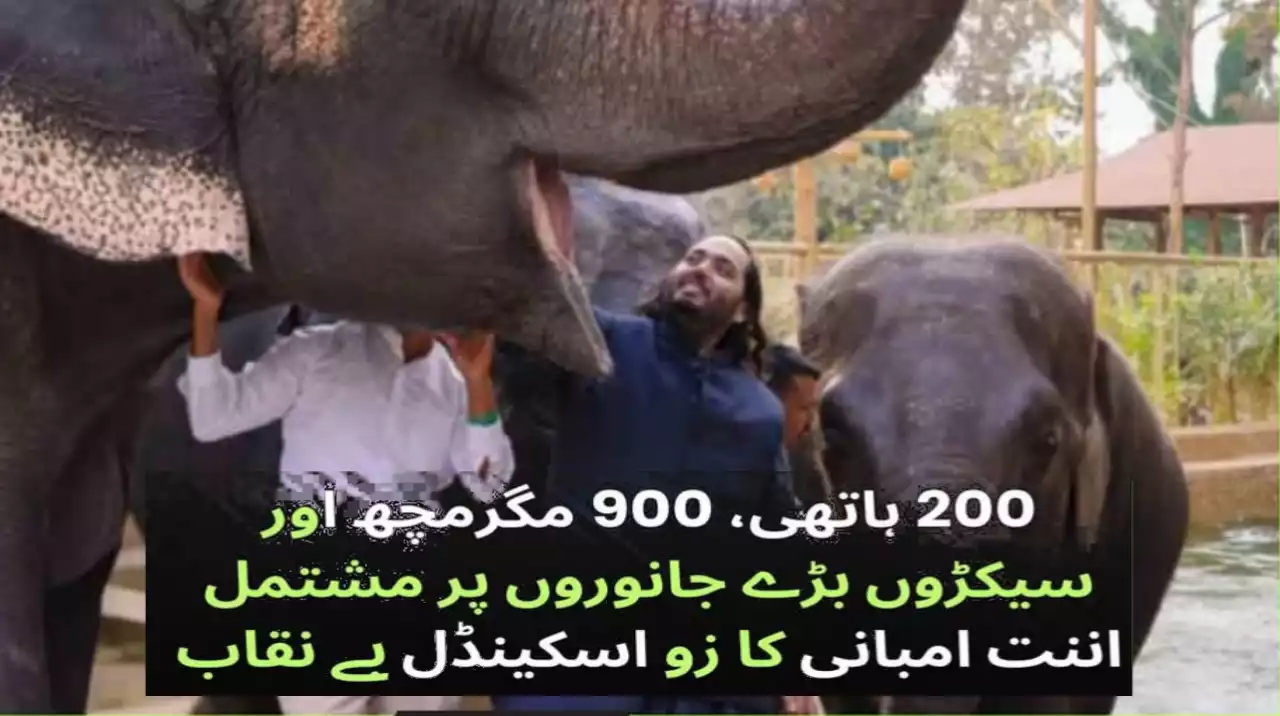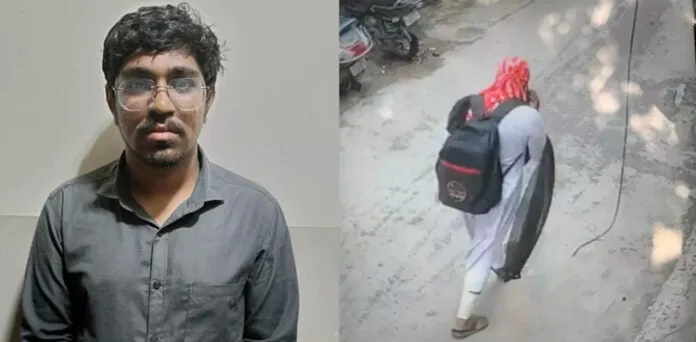Supreme Court Orders Major Investigation into Anant Ambani’s Vantara Wildlife Sanctuary
India’s Supreme Court has taken decisive action against one of the world’s most ambitious wildlife projects. The court ordered a Special Investigation Team (SIT) to examine serious allegations against Vantara, the massive wildlife sanctuary owned by Reliance Industries and managed by Anant Ambani, son of billionaire Mukesh Ambani.
The investigation comes after wildlife activists and legal experts raised concerns about the sanctuary’s operations. Located in Gujarat’s Jamnagar district near Reliance’s oil refinery complex, Vantara houses thousands of exotic animals including elephants, tigers, leopards, and crocodiles. Critics question whether this private facility truly serves conservation purposes or violates wildlife protection laws.
Background: What is Vantara Wildlife Sanctuary?
Vantara gained global attention during Anant Ambani’s wedding celebrations in 2024. The facility markets itself as the world’s largest wildlife rescue and rehabilitation center. The sanctuary claims to have rescued over 150,000 animals across more than 2,000 species from various threats including habitat loss and poaching.
The massive complex houses approximately 200 elephants, 50 bears, 160 lions, 200 Bengal tigers, 250 leopards, and 900 crocodiles. These numbers, reported by India’s Central Zoo Authority, represent one of the largest private animal collections in the world. However, the sheer scale of the operation has raised questions about its true purpose and methods.
Supreme Court Takes Action
On Monday, August 26, 2025, the Supreme Court established a Special Investigation Team under retired Justice Jasti Chelameswar’s leadership. The decision responds to two public interest litigations filed against the facility. The court emphasized that this probe serves as a fact-finding exercise to ensure transparency in wildlife conservation efforts.
The SIT includes former High Court Chief Justices and wildlife experts. They must submit their findings by September 12, 2025. The investigation will examine multiple areas of concern, from animal acquisition methods to financial practices at the facility.
Key Allegations Under Investigation
The Supreme Court-appointed team will investigate several serious allegations. First, they will examine how Vantara acquired its animals, particularly focusing on elephant procurement. Wildlife activists claim some animals may have been obtained through illegal channels, violating India’s Wildlife Protection Act of 1972.
Second, the investigation will review compliance with international wildlife trade regulations. Vantara has imported approximately 39,000 animals from 32 countries, including nations known for wildlife trafficking. This massive international operation raises questions about proper documentation and legal compliance.
Third, the SIT will examine allegations of financial irregularities and potential money laundering. The facility’s enormous operational costs and funding sources will face scrutiny. Additionally, investigators will assess animal welfare standards and veterinary care practices at the sanctuary.
Wildlife Experts Raise Concerns
Conservation experts have criticized Vantara’s approach to wildlife management. They argue that keeping such large numbers of dangerous and rare animals in captivity near an industrial complex violates basic wildlife conservation principles. The facility’s location in Gujarat’s arid climate also raises questions about suitable habitat conditions for many species.
Critics point out that Vantara has not presented clear plans for releasing rehabilitated animals back into their natural habitats. This absence of reintroduction programs contradicts standard wildlife rescue and rehabilitation practices. Many experts believe true conservation involves preparing animals for return to the wild, not permanent captivity.
Reliance’s Response and Transparency Commitment
Reliance Industries and Vantara management have responded to the Supreme Court order with assurances of full cooperation. The company maintains that all their wildlife activities comply with Indian and international laws. They emphasize their commitment to transparency throughout the investigation process.
Vantara officials highlight their conservation achievements and rescue operations. They claim their facility provides world-class care for animals that cannot survive in the wild due to injuries or other factors. The sanctuary also conducts research and breeding programs for endangered species conservation.
Impact on Wildlife Conservation in India
This investigation could set important precedents for private wildlife facilities in India. The case highlights ongoing debates about the role of corporate entities in wildlife conservation. While some praise private sector involvement in conservation efforts, others worry about commercialization of wildlife protection.
The outcome may influence future regulations governing private wildlife facilities. Indian wildlife laws require careful balancing between conservation needs and legal compliance. This case could clarify boundaries for private conservation initiatives moving forward.
What Happens Next?
The SIT began its work with an initial meeting in Delhi on August 29, 2025. The team has limited time to complete their comprehensive investigation before the September 12 deadline. They will examine documents, interview stakeholders, and visit the Vantara facility.
The investigation’s findings will determine whether Vantara continues operations in its current form. If violations are confirmed, the facility may face legal consequences and operational changes. The case also affects Reliance Industries’ reputation and future conservation projects.
Conclusion
The Supreme Court’s investigation into Vantara represents a crucial moment for wildlife conservation in India. This case will test the boundaries between private sector conservation efforts and legal compliance. The investigation’s outcome will influence how India manages wildlife protection in the modern era.
Wildlife protection requires careful balance between innovation and regulation. As the SIT conducts its investigation, the wildlife conservation community watches closely. The results may reshape approaches to large-scale private conservation projects across India and beyond.







